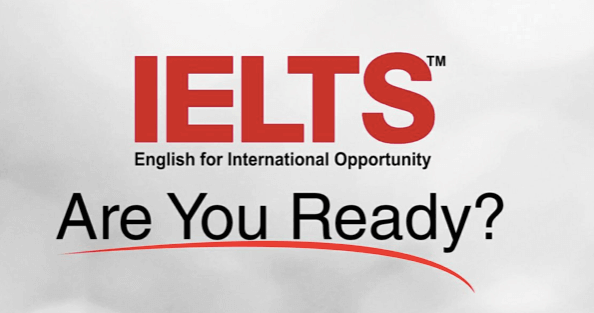Hiring New Employees: Using The Snowflake Test

Young professionals with a solid hard-working attitude are hard to find, according to many organizations. The millennial age is, regardless of how close they are to their friends in age, by all accounts different in regards to a work ethic. It is possible for millennial representatives to appear qualified and to make irrational assumptions.
This is why one US organization presented something called “The Snowflake Test.” Close to a celebrated character assessment, the Snowflake Test aimed to get rid of whiny, entitled, and immature millennials. Let’s investigate the Snowflake Test and its impact on recruiting new talent.
“What is implied by the word snowflake?
One of the CEOs of The Silent Partner Marketing says that “a snowflake is a person with an entitled mentality and a failure to back up their claims.” Many candidates are eliminated before the talking even starts when they realize they will be put to this test.
See More: How to choose a perfume online?
The Snowflake Test: What is it?
A character test given to candidates for work is the Snowflake Test. The test incorporates questions, for example, “What’s the significance here to you?” and “When was the last time you cried and why?why?why?,” and “How do you feel about firearms being carried by people at work?”
These questions often relate to the applicant’s views of American society, the police, and weaponry. It is the intention to eliminate applicants who submit resumes but do not have a realistic understanding of the position that they are interviewing for.
Can this be used to recruit new representatives?
As indicated by the CEO of Silent Partner Marketing, they have deterred almost 60% of applicants because of this test, allowing them to observe up-and-coming candidates who are more qualified for their position. However, the Snowflake Test has acquired a reasonable place in our analysis. It is not a bad idea to ask questions relevant to the genuine position, but asking about a person’s political and ideological standpoints does not appear to be crucial.
Several businesses value a competitor’s “way of life” and “fit” when deciding whether to employ them, but instead they should be careful that their convictions do not discriminate against them.
If managers do not use the Snowflake Test, how could they limit the field?
Recruiters and hiring managers need a way of limiting the pool of candidates they can choose from, just as the CEO did with the Snowflake Test. Yet more reasonable methods exist for screening competitors. It is crucial for businesses to consider a rundown of occupation-related inquiries that can help them determine if an applicant is qualified.
Suppose a business representative is meeting for a client relations position and a client is being discourteous to the representative. How would the representative respond to this? It is consistently best to design questions based on the situation for which the candidate is applying.
The individual who has ever had the task of filtering through a bunch of resumes comprehends that it can be a tiresome process. Hiring new employees is not an easy task, and organizations need to ensure they are choosing the right candidates.
All things considered, tests, such as The Snowflake Test, may not be the best method to use. In talking with workers, it is consistently best to adhere to the expected set of responsibilities and refrain from any queries that could be seen as prejudice, sexism, or extremism.
What’s the point of all this energy?
This is probably due to devoted Americans being wary of the whining, crying, entitled whelps who expect everything to be handed to them in a royal manner.
This line will also trigger a large number of them, sending them out of their corners to say things like “we are snowflakes, but snowflakes make snowstorms!” and “you’re a particularly misogynist, bigot, homophobic narrow-minded person, so I will torch your business.”




